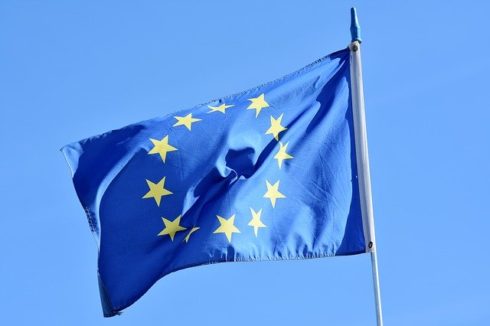
With the strict requirements and massive scope of the GDPR, it’s no surprise that the European Union (EU) cares highly about its citizens’ data privacy. Today, the EU has taken the next step in securing their digital future with the announcement of new strategies for data and artificial intelligence (AI).
According to the European Commission, these ideas reflect the best of Europe: “open, fair, diverse, democratic and confident.”
“Digital technology is changing people’s lives. The EU’s digital strategy aims to make this transformation work for people and businesses, while helping to achieve its target of a climate-neutral Europe by 2050. Therefore, the EU’s strategies for Artificial Intelligence (AI) and data aim to encourage businesses to work with, and develop, these new technologies, while at the same time making sure that they earn citizens’ trust,” the European Commission wrote.
RELATED CONTENT: EU rejects Facebook’s proposed online regulations
The EU will focus on three key digital objectives over the next five years. They will invest in technology that works for the people, a fair and competitive economy, and an open, democratic, and sustainable society.
Because of its numerous research centers, secure digital systems, and robust position in robots, it believes Europe can become a world leader in AI. In a white paper, the European Commission unveiled a framework for AI that is built on excellence and trust.
It will partner with the private and public sectors to mobilize resources across the value chain and create incentives to accelerate AI deployment. They will work closely with Member States and the research community to both attract and retain the necessary talent.
The EU will also aim to set up a European data space, which will act as a single market for data to flow freely across the EU and sectors. “Citizens, businesses and organisations should be empowered to make better decisions based on insights gleaned from non-personal data. That data should be available to all, whether public or private, start-up or giant,” the European Commission wrote in a statement.
In order to set this up properly, the Commission will first propose a regulatory framework that addresses data governance, access and reuse between businesses and government, and within administrations. They will then support the development of the next generation of infrastructures, and finally launch actions specific to sectors.
“Europe will build on its long history of technology, research, innovation and ingenuity, and on its strong protection of rights and fundamental values. New policies and frameworks will enable Europe to deploy cutting-edge digital technologies and strengthen its cybersecurity capacities. Europe will continue to preserve its open, democratic and sustainable society and digital tools can support these principles. It will develop and pursue its own path to become a globally competitive, value-based and inclusive digital economy and society, while continuing to be an open but rules-based market, and to work closely with its international partners,” the EU wrote.






